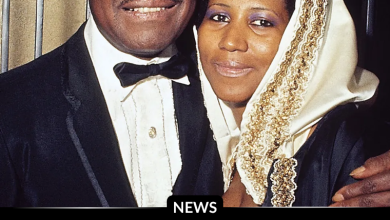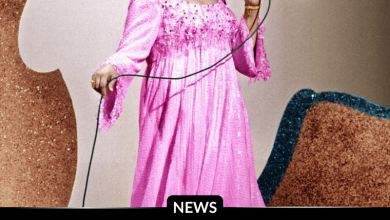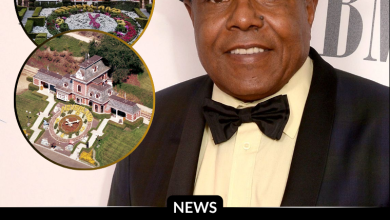The One Bond Theme Even Shirley Bassey Regretted Singing — And Why She Almost Said No
OPINION: This article may contain commentary which reflects the author's opinion.
Shirley Bassey’s name is forever etched in James Bond history as the only artist to have performed three official Bond theme songs: the unforgettable powerhouse of “Goldfinger” (1964), the sultry classic “Diamonds Are Forever” (1971), and the ethereal “Moonraker” (1979). While her first two contributions are celebrated as defining moments in the franchise’s musical legacy, it’s the third — “Moonraker” — that stands apart for a very different reason. It’s the one song Bassey openly regretted recording, a reluctant favor that she has since wished she had declined.
The tale behind “Moonraker” is a saga of near-disasters and last-minute salvaging during the making of the 1979 film that took Bond into space, riding the wave of sci-fi mania sparked by Star Wars. Composer John Barry, who had famously collaborated with Bassey before, originally wrote the song with legendary crooner Frank Sinatra in mind. Producer Albert “Cubby” Broccoli had long pursued Sinatra for a Bond theme, dating back to 1967 when Sinatra had suggested his daughter Nancy for You Only Live Twice. Sinatra initially agreed to Moonraker and liked Barry’s demo — but suddenly pulled out, reportedly after a fallout with Broccoli, leaving the production scrambling for a singer.
Next up was Johnny Mathis, known for his romantic ballads. Barry and lyricist Hal David tailored the song for him, but Mathis disliked it and withdrew. Kate Bush, then an emerging star with her haunting “Wuthering Heights,” was approached but declined due to scheduling and doubts about fit. With the premiere looming and the threat of a rare instrumental theme hanging over the project, Barry found himself desperate in Los Angeles.
By sheer chance, Barry bumped into Shirley Bassey at the Beverly Hills Hotel’s Polo Lounge. Desperate, he asked her to step in as a favor. Though they shared a professional friendship, Bassey was reluctant. The song was hastily rewritten to suit her style, and recording sessions in April 1979 left her no time to properly prepare or rehearse. Over the years, Bassey has described “Moonraker” as not truly hers — a patchwork piece rushed together for others, leaving her feeling disconnected and dissatisfied.
She admitted to “hating” the song, calling it a melancholy ballad lacking the bombast and power of her earlier Bond hits. The circumstances nearly made her say no: the pressure of stepping into a role originally intended for male crooners, the lack of preparation, and the sense that the song was a last-minute salvage job. Bassey agreed only out of loyalty to Barry, but the experience soured her relationship with the track.
She famously refused to promote “Moonraker,” avoided performing it live for decades (until a brief medley in 2006), and even walked out of the film’s premiere, feeling her vocals had been mixed too low. Unlike the enduring success of “Goldfinger” and “Diamonds Are Forever,” “Moonraker” failed to chart and drew mixed reviews. Some fans appreciate its dreamy, disco-infused melancholy, while others find it forgettable compared to Bassey’s brassy, larger-than-life classics.
Despite the regret, “Moonraker” remains part of Shirley Bassey’s Bond legacy. Rolling Stone ranked it tenth among Bond themes in 2015 — trailing her other two iconic songs but still securing a place in the franchise’s musical pantheon. Reflecting on the experience, Bassey has spoken philosophically about the lessons learned from even difficult moments, though she wished the focus had been more on her artistry than the chaotic circumstances surrounding the song.
For Bond fans, the story of “Moonraker” is a reminder that even legends like Shirley Bassey aren’t immune to the unpredictable—and sometimes regrettable—whirlwind of Hollywood production. Sometimes, a favor meant to save the day can leave a lifetime of second thoughts.



